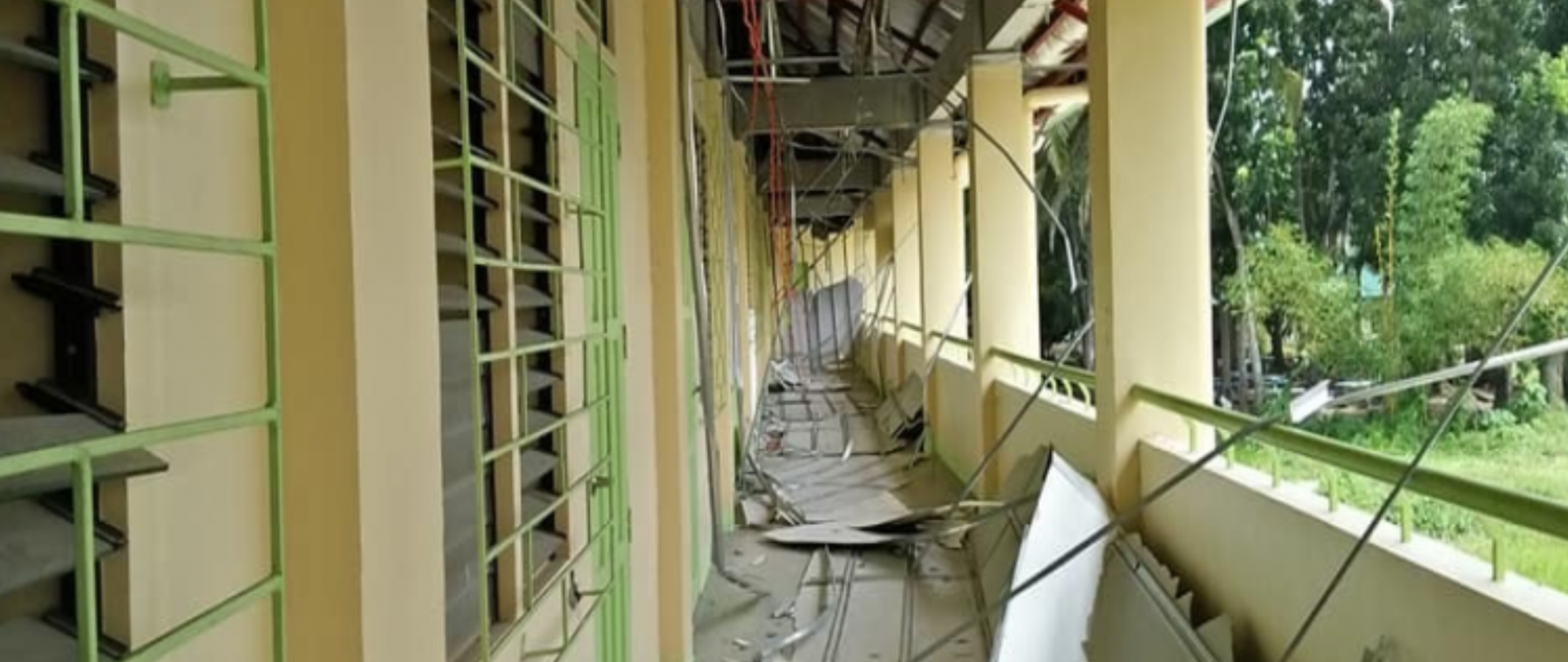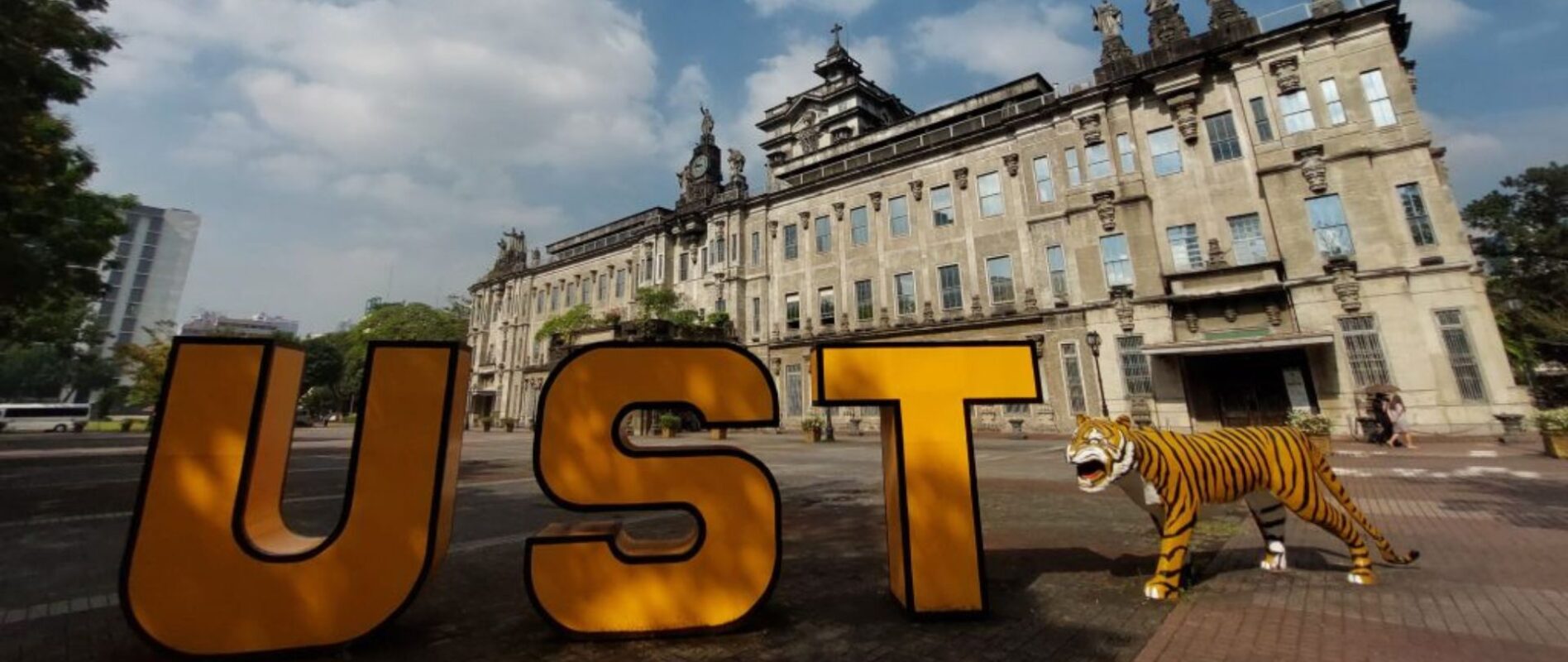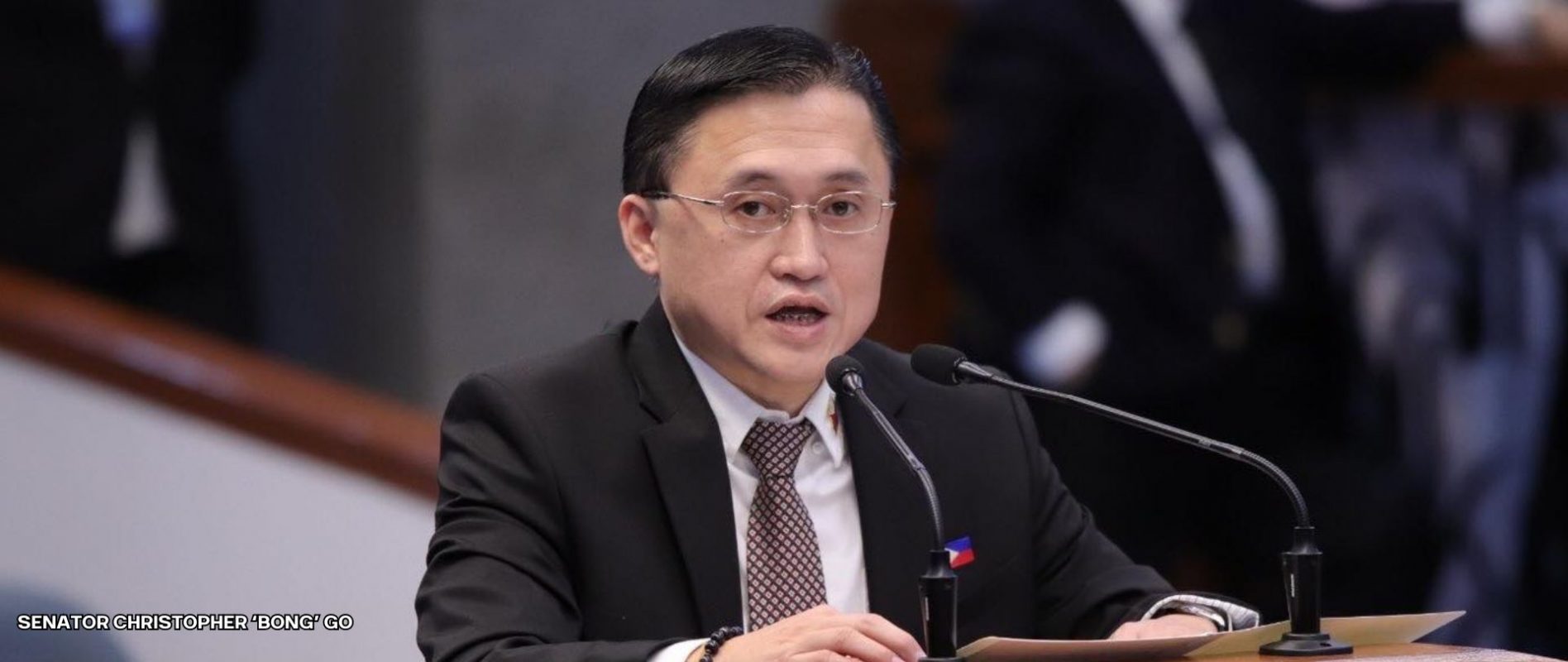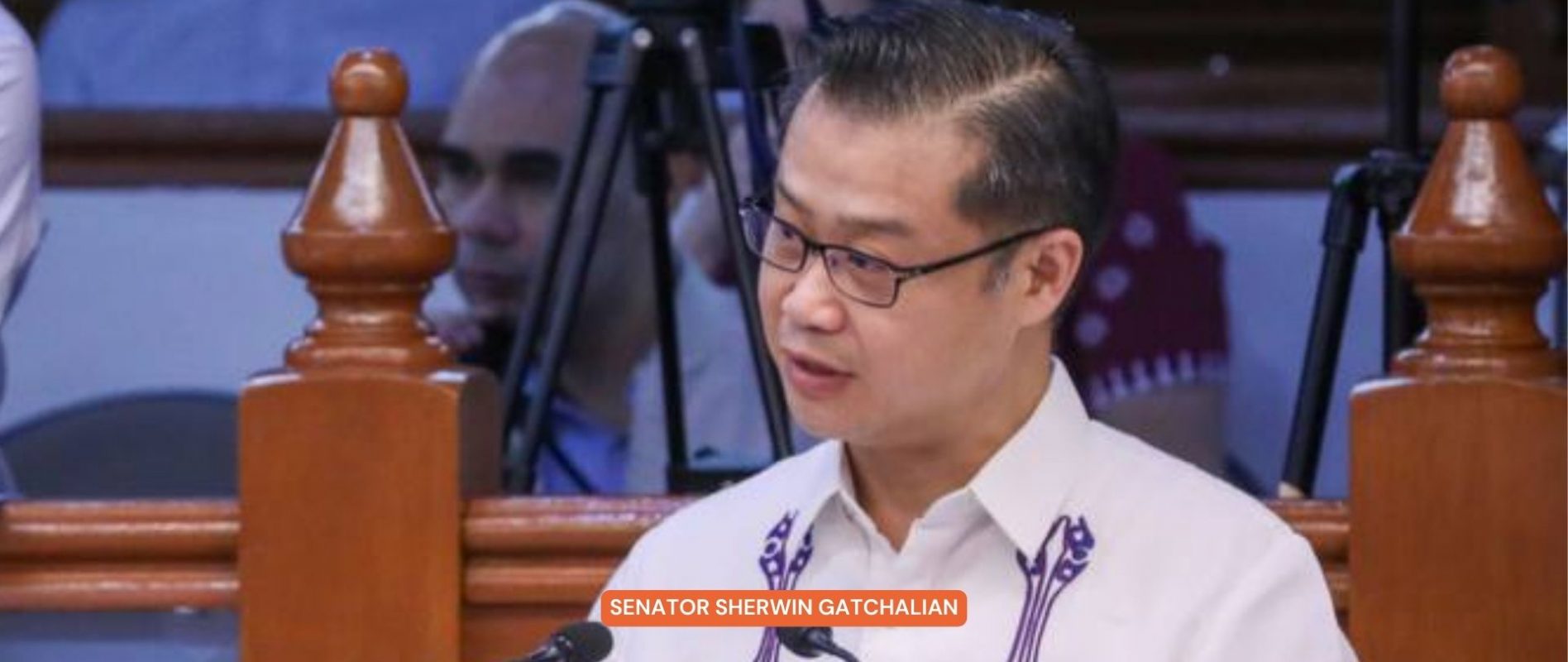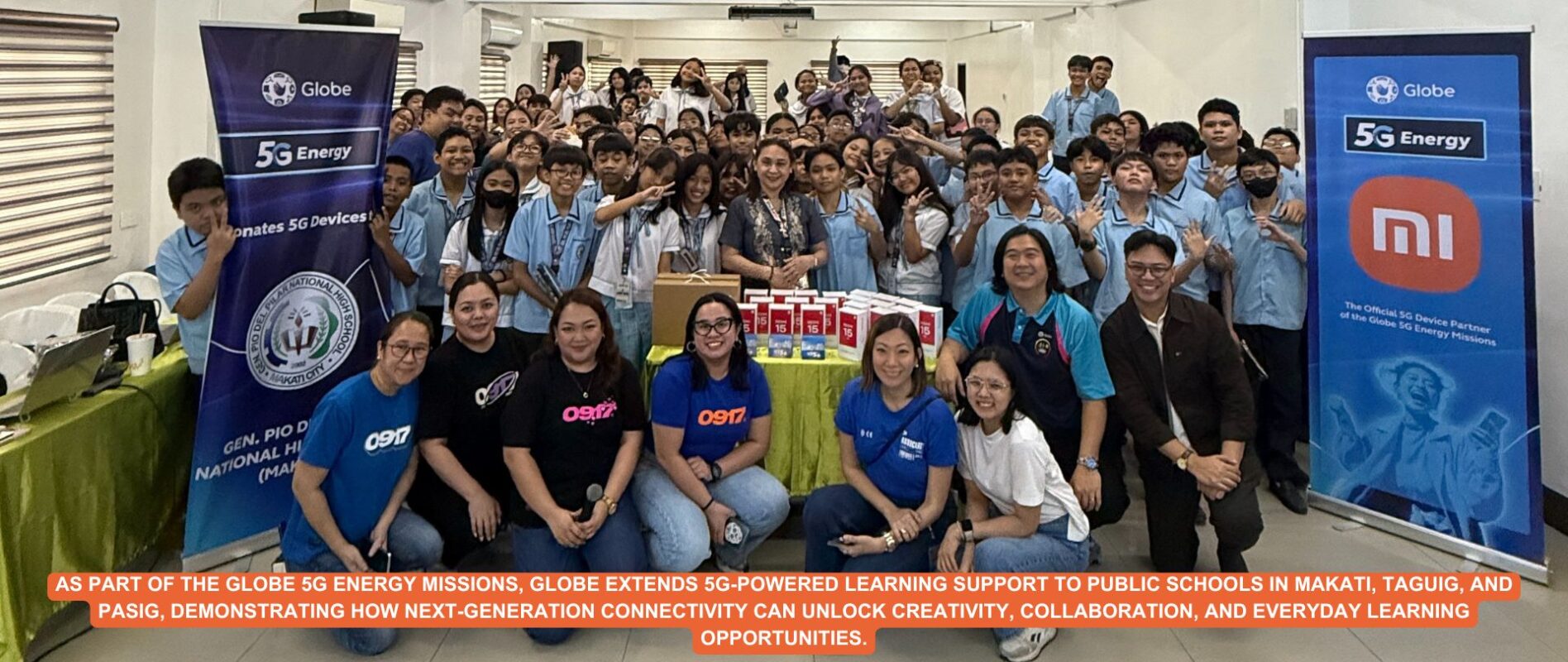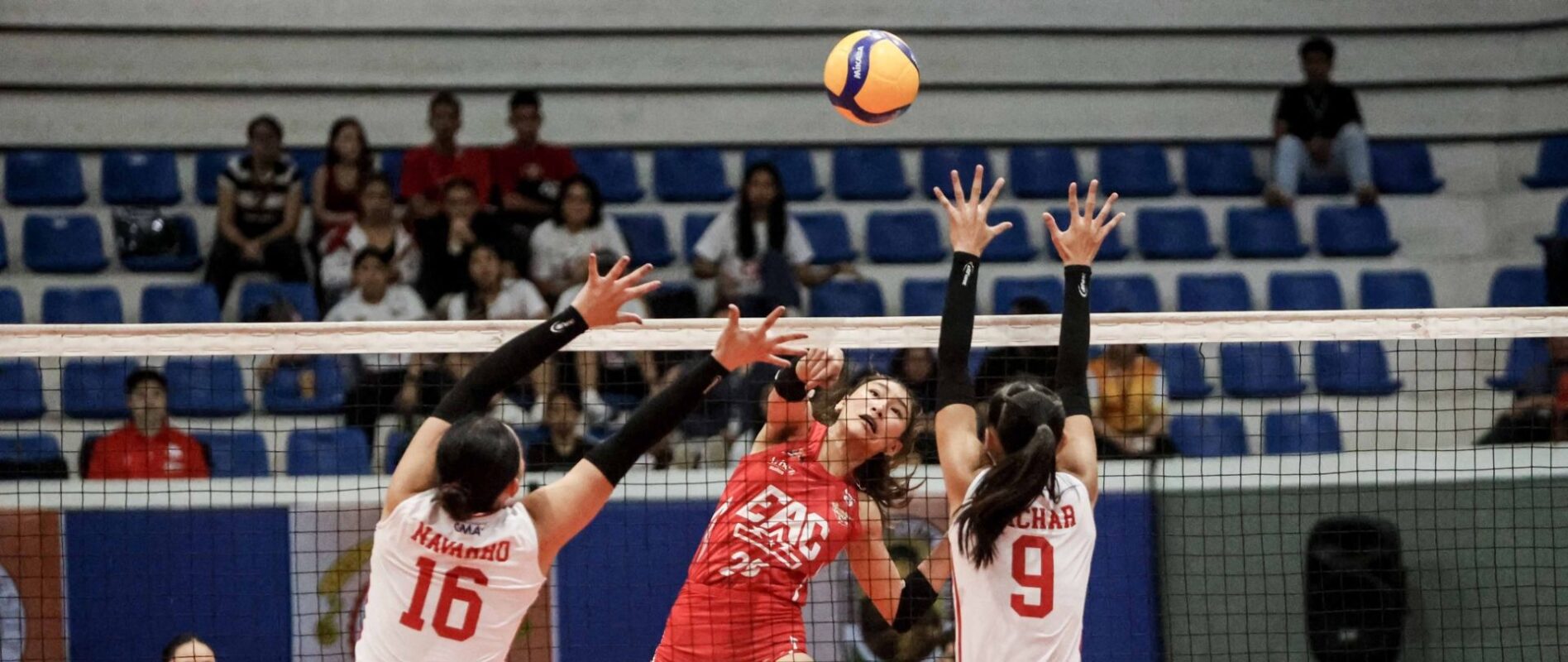SENATOR SEEKS TAX INCENTIVES, PPPs TO FAST-TRACK CLASSROOM CONSTRUCTION
TO ADDRESS the country’s 165,000-classroom backlog in less than the projected 55 years, Senator Francis “Kiko” Pangilinan is pushing for tax incentives and stronger public-private partnerships (PPPs) to speed up school building.
Under the proposed Classroom Building Acceleration Program Act, Pangilinan wants private sector participation and local government counterpart funding written into law—policies that cannot be easily scrapped by future administrations.
“We should protect effective classroom-building programs from politics, partisanship, and personal agendas,” Pangilinan said. “If a program works, it should continue.”
The senator questioned why the Department of Education (DepEd) and Department of Public Works and Highways (DPWH) discontinued an Aquino-era scheme where the national government and LGUs split classroom construction costs 50-50, alongside PPPs.
“If the 50-50 matching by the DBM and LGU plus the PPP policy worked, why did DepEd and DPWH change it? Why was it not continued?” Pangilinan asked.
Senator Sherwin Gatchalian, who was mayor of Valenzuela City during the first half of the Aquino administration, said his city directly benefited from the program.
“In my personal experience, it was effective. We were given 50% of the funding from DepEd, and 50% came from the local government,” he recalled. “It was effective because we built school buildings simultaneously, and in just a year, we completed them together.”
DepEd Undersecretary Wilfredo Cabral agreed the program was successful, admitting it was dropped after the change in administration.
“The counterparting agreement really was a good practice before, but with the change in administration, this was not considered,” Cabral said.
During the Aquino years, counterparting and PPPs built 185,000 classrooms from 2010 to 2016, eliminating the 66,000-classroom backlog, according to a 2016 report by former DepEd Secretary Armin Luistro.
Pangilinan also noted the higher costs under the current DepEd-DPWH setup—₱2.5 million to ₱3.8 million per classroom—versus ₱1.5 million to ₱2 million under LGU-private sector partnerships.
“If we restore counterparting and PPPs, we can deliver more classrooms for the same budget—and do it much faster,” he said.

